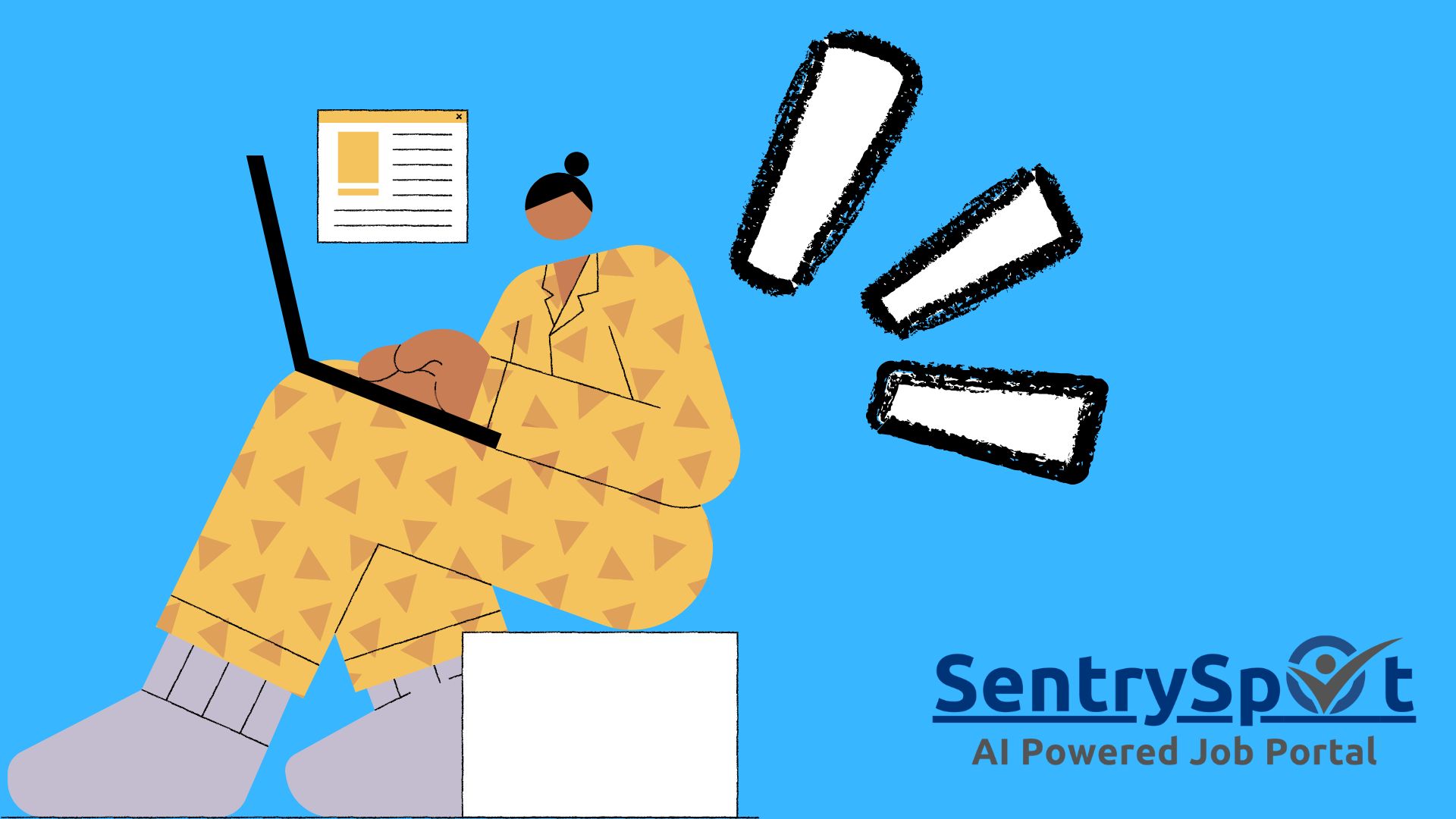Understanding the Science Behind AI Resume Scoring
In today’s competitive job market, technology has transformed the recruitment process through AI-powered resume-scoring systems, using artificial intelligence to assess and rate resumes, aiming to streamline hiring and improve candidate selection. This blog explores the science behind AI resume scoring, supported by statistics, data, and case studies.
The Evolution of Resume Screening
Before diving into the science behind AI resume scoring, it’s essential to understand the evolution of resume screening. Traditionally, resume screening was a manual process, where recruiters would sift through stacks of resumes to identify suitable candidates. This method was not only time-consuming but also prone to human errors and biases. As technology advanced, Applicant Tracking Systems (ATS) were introduced to automate the initial screening process by filtering resumes based on keywords and predefined criteria.
However, ATS had limitations. They often relied heavily on keyword matching, which could result in qualified candidates being overlooked if their resumes didn’t contain the exact terms specified. AI resume scoring systems have emerged to address these limitations by leveraging more sophisticated algorithms and machine learning techniques to assess resumes more holistically.
How AI Resume Scoring Works
AI resume scoring systems analyze resumes using a combination of natural language processing (NLP), machine learning (ML), and data analytics. Here’s a breakdown of the key components and processes involved:
1. Natural Language Processing (NLP)
NLP is a branch of artificial intelligence that focuses on the interaction between computers and humans through natural language. In the context of resume scoring, NLP is used to parse and understand the content of resumes, including the structure, grammar, and semantics. NLP algorithms extract relevant information from resumes, such as skills, work experience, education, and achievements. They can also identify synonyms and related terms, reducing the reliance on exact keyword matches.
2. Machine Learning (ML)
Machine learning involves training algorithms on large datasets to recognize patterns and make predictions. In resume scoring, ML models are trained on historical hiring data to learn what attributes correlate with successful hires. ML algorithms evaluate resumes based on numerous factors, such as the relevance of skills, career progression, and achievements. They can assign scores to resumes by comparing them against profiles of successful employees in similar roles.
3. Data Analytics
Data Analytics Overview:
Data analytics involves analyzing vast amounts of data to derive actionable insights. In AI resume scoring, data analytics is used to refine and improve the scoring algorithms continuously. Data analytics helps identify trends and patterns in hiring data, allowing the AI system to adjust its scoring criteria dynamically. For example, if data shows that candidates with certain certifications have higher job performance, the system can prioritize those credentials in future evaluations.
Key Benefits of AI Resume Scoring
1. Increased Efficiency
AI resume scoring significantly reduces the time and effort required for initial resume screening, allowing recruiters to focus on higher-value tasks. Research by Ideal suggests that AI can reduce the time spent on resume screening by up to 75%. This efficiency gain is crucial in high-volume recruitment scenarios.
2. Improved Candidate Quality
By evaluating resumes based on a broader set of criteria, AI resume scoring systems can identify candidates who are a better fit for the job, beyond simple keyword matches. Some companies using AI for recruitment saw a 35% improvement in the quality of hires. This improvement was attributed to the AI’s ability to evaluate candidates more comprehensively. The AI system identified candidates with strong problem-solving skills and relevant project experience, resulting in increase in new hire performance ratings.
3. Reduction of Bias
AI resume scoring systems can help reduce unconscious bias in the hiring process by evaluating candidates based on objective criteria rather than subjective judgments. AI systems that reduce bias can contribute to greater workplace diversity. A healthcare organization implemented AI resume scoring to enhance diversity hiring. The system’s objective evaluation process led to a 25% increase in the diversity of new hires, aligning with the company’s inclusivity goals.
Challenges and Limitations
Despite its advantages, AI resume scoring is not without challenges. It’s important to acknowledge and address these limitations to maximize its effectiveness.
1. Data Quality
The accuracy of AI resume scoring depends heavily on the quality of the data used to train the algorithms. Poor-quality or biased data can lead to inaccurate evaluations. But regularly updating and validating the training datasets can help mitigate this issue. Ensuring that the data reflects diverse and representative samples is also crucial.
2. Algorithm Transparency
AI algorithms can sometimes be perceived as “black boxes,” making it difficult for recruiters to understand how scoring decisions are made. But implementing explainable AI techniques can provide transparency into the decision-making process of the algorithms, helping recruiters trust and understand the scores.
3. Ethical Considerations
Ethical concerns arise when AI systems inadvertently perpetuate existing biases or discriminate against certain groups. But ethical AI practices, such as regular audits and bias mitigation strategies, should be employed to ensure fairness and equity in the recruitment process.
Future of AI Resume Scoring
The future of AI resume scoring is promising, with ongoing advancements in technology poised to enhance its capabilities further. Here are some trends to watch:
1. Enhanced Personalization
AI systems will become more adept at personalizing resume evaluations based on specific job roles and industry requirements. This will lead to even more precise candidate matching.
2. Integration with Other HR Technologies
AI resume scoring will increasingly integrate with other HR technologies, such as video interviewing and skills assessments, providing a holistic view of candidates and improving overall hiring decisions.
3. Continuous Learning and Improvement
AI resume scoring systems will continue to learn and improve over time, leveraging new data and insights to refine their algorithms. This continuous improvement will ensure that the systems remain effective and relevant.
Final words
AI resume scoring represents a significant leap forward in the recruitment process, offering numerous benefits, including increased efficiency, improved candidate quality, and reduced bias. By leveraging natural language processing, machine learning, and data analytics, these systems provide a more comprehensive and objective evaluation of resumes. As AI continues to evolve, its role in resume scoring will only become more prominent, paving the way for a more efficient, fair, and effective recruitment process. Embracing this technology will be crucial for organizations looking to stay competitive and attract top talent in today’s dynamic job market.




